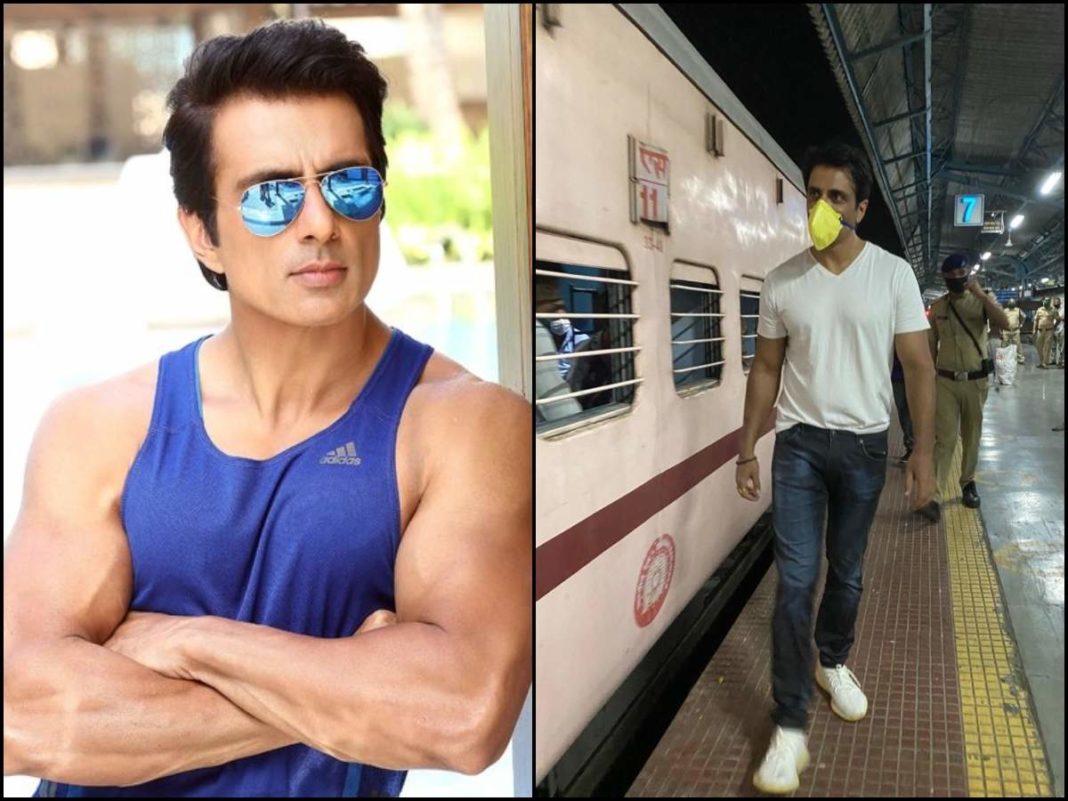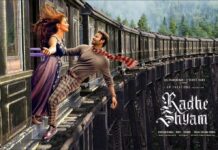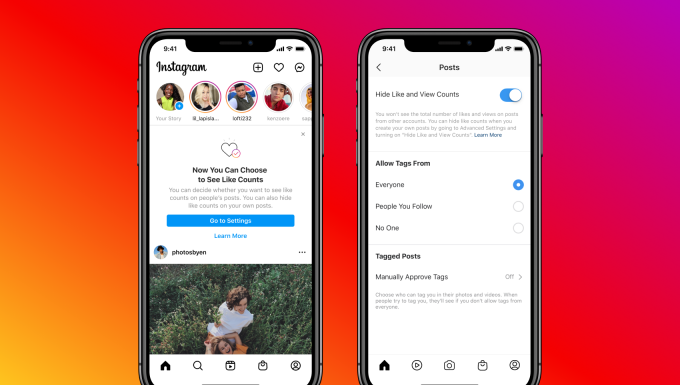Actor Sonu Sood reveals that he got in touch with the families of those migrants who were injured or died while walking back to their homes during the Covid-19 crisis, and made sure to help them in every possible way.
Actor Sonu Sood’s untiring efforts to send migrants back to their homes during the Covid-19 crisis has inspired many. While he ensured that the people he sent back through flights, trains or buses reached safely, those who couldn’t avail his help were walking back many miles. This led to some getting injured, falling ill or even losing their lives.
Now, the 46-year-old has taken the responsibility of helping almost 400 families of migrants who had to suffer. Sood tells us, “It all started when actually the first accident happened. All these people were walking back, and some things happened on the highway. I realised it’s just the beginning, as millions are walking home. Imagine the kind of risk. So, I got in touch with them and sent around 90,000 people home,” he says, adding meanwhile accidents were happening and “I got in touch the different government officials from Jharkhand, Uttar Pradesh, Bihar, and realised that 80 people had died inside Shramik trains”.
That’s when Sonu, and Neeti Goel decided to connect with them somehow to get data like survivors in the family of those who died, their background details. What made things difficult was their family members in some cases didn’t have mobile phones.
“So,with the help of their nearest police station, we got in touch with their villages’ pradhans and sarpanch, and neighbours. The police helped us a lot. When you speak to the families on phone, they start crying, it’s heartbreaking to listen to them. You can’t talk or say much, but want to do your bit,” admits Sood.
Considering migrants relied on their daily wages for a living and most of them are unemployed now, the actor has been in the process of supporting them for the last two months.
He tells us, “We took their account numbers which were still operating. We helped them financially, then someone had different needs like their kids’ education, some wanted to build a house, do farming.”













![Hotstar Premium Cookies 2019 [*100% Working & Daily Updated*] Hotstar Premium Cookies 2019 [*100% Working & Daily Updated*]](https://tahav.com/wp-content/uploads/2019/11/Hotstar-Premium-Cookies-Free-100x70.jpg)



